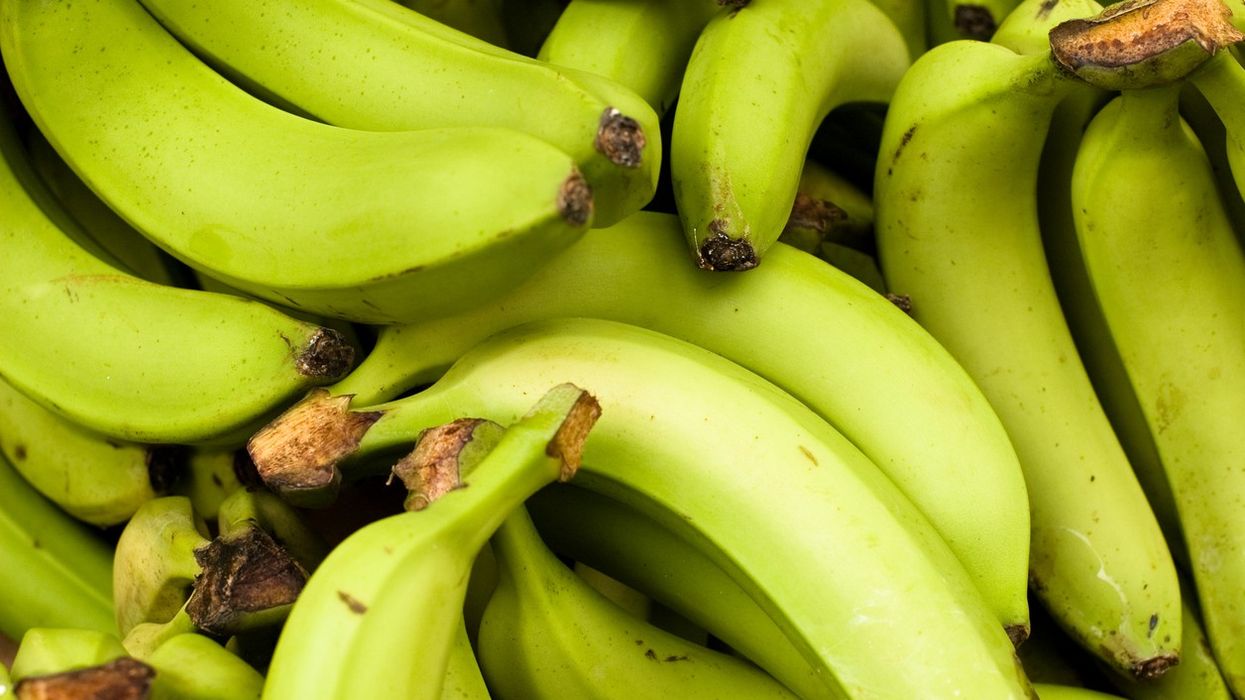THERE is good news for people with a hereditary risk of cancer as a new study has revealed that starchy green bananas can reduce the risk considerably.
Foods like cereals and oats can also help due to the presence of resistant starch, the study by researchers at the Universities of Newcastle and Leeds added.
The trial was conducted on 1000 people with a genetic condition known as Lynch Syndrome over six years and the results were published in Cancer Prevention Research. It showed that food items like cereals, oats and even green bananas can help him due to the presence of resistant starch.
Researchers are hopeful that the results will continue for around 10 years even after a person stops taking the fibers in their diets, reports said.
According to WHO, cancer is a leading cause of death worldwide, accounting for nearly 10 million deaths in 2020, or nearly one in six deaths. The most common cancers are breast, lung, colon and rectum and prostate cancers.
"Resistant starch reduces a range of cancers by over 60 per cent. The effect was most obvious in the upper part of the gut. This is important as cancers of the upper GI tract are difficult to diagnose and often are not caught early on," Professor John Mathers of Newcastle University was quoted as saying by various media outlets.
“Resistant starch can be taken as a powder supplement and is found naturally in peas, beans, oats and other starchy foods. The dose used in the trial is equivalent to eating a daily banana; before they become too ripe and soft, the starch in bananas resists breakdown and reaches the bowel where it can change the type of bacteria that live there."
Reports added that researchers are planning a ten-year follow-up, alongside further research into the role aspirin can take in reducing cancer in the large bowel as well. An earlier study said that aspirin reduced cancer of the large bowel by 50 per cent.
It was reported that around one-third of deaths from cancer are due to tobacco use, high body mass index, alcohol consumption, low fruit and vegetable intake, and lack of physical activity.





